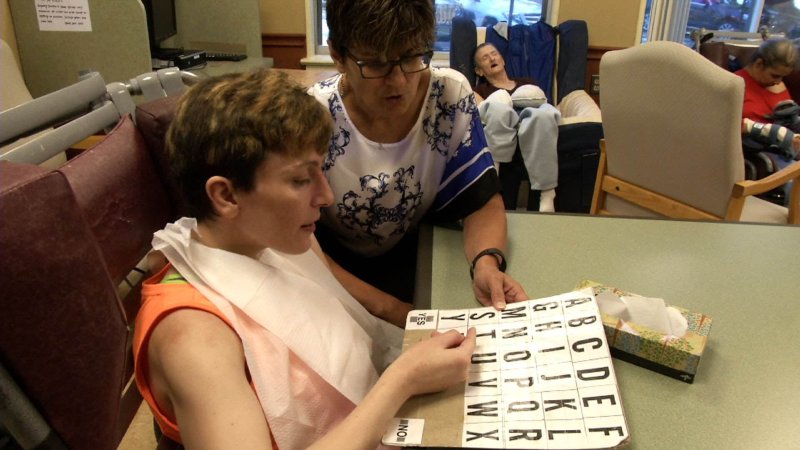Huntington’s has no cure. Over decades biotech companies have poured billions of dollars into developing and testing pharmaceuticals for these devastating conditions, only to unleash storms of disappointment. Yet in December a ray of something approximating hope poked through when a California company released preliminary findings from its small Huntington’s study.
Results from this early-stage clinical trial have not yet been published or reported at medical meetings. But some researchers have growing confidence that the drug should work for Huntington’s and perhaps other diseases with clear genetic roots.
…
The recent human trial, led by [neurologist Sarah] Tabrizi, enrolled 46 people with early Huntington’s disease at nine sites in the U.K., Germany and Canada. The researchers injected either the antisense drug or a placebo into the study participants’ spinal fluid—a 20-minute procedure similar to those that deliver epidural anesthesia to women in labor.
…
After collecting the participants’ spinal fluid and tallying final measurements of mutant Htt, the results were clear: Antisense therapy was not only safe and well tolerated, it reduced the targeted disease-causing protein.
…
Next up: a larger trial in hundreds of patients to see if lowering mutant Htt protein slows progression of the disease, then a trial in healthy people who carry the mutant HTT gene to see if antisense treatments could prevent Huntington’s altogether.
Read full, original post: Experimental Huntington’s Therapy Shows Promise in a Small Trial































